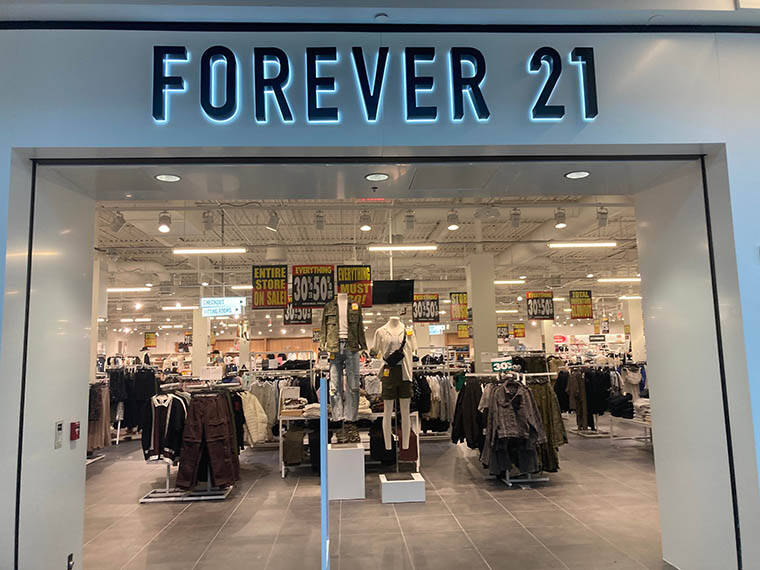Decade-long listeria outbreak linked to California cheesemaker

CDC VIA ASSOCIATED PRESS
Brands of cheese recalled due to a decade-long outbreak of listeria food poisoning that killed two people and sickened more than two dozen. New lab evidence linked soft cheeses and other dairy products made by Rizo-Lopez Foods of Modesto, Calif., to the outbreak, which was first detected in June 2014.
A California cheese and dairy company is the source of a decade-long outbreak of listeria food poisoning that killed two people and sickened more than two dozen, federal health officials said today.
New lab and inspection evidence linked soft cheeses and other dairy products made by Rizo-Lopez Foods of Modesto, California, to the outbreak, which was first detected in June 2014, the Centers for Disease Control and Prevention said.
Since then, at least 26 people in 11 states have been sickened. They include a person who died in California in 2017 and one who died in Texas in 2020, CDC officials said.
On Monday, the company recalled more than 60 soft cheeses, yogurt and sour cream sold under the brands Tio Francisco, Don Francisco, Rizo Bros, Rio Grande, Food City, El Huache, La Ordena, San Carlos, Campesino, Santa Maria, Dos Ranchitos, Casa Cardenas, and 365 Whole Foods Market.
The CDC previously investigated cases of food poisoning tied to queso fresco and other similar types of cheese in 2017 and 2021, but there was not enough evidence to identify a source.
New illnesses were reported in December, prompting CDC to reopen the investigation. The strain of listeria linked to the outbreak was found in a cheese sample from Rizo-Lopez Foods. Federal officials confirmed that queso fresco and cotija made by the company were making people sick.
Don't miss out on what's happening!
Stay in touch with breaking news, as it happens, conveniently in your email inbox. It's FREE!
The recalled products were distributed nationwide at stores and retail deli counters, including El Super, Cardenas Market, Northgate Gonzalez, Superior Groceries, El Rancho, Vallarta, Food City, La Michoacana, and Numero Uno Markets.
Listeria infections can cause serious illness and, in rare cases, death. People who are pregnant, older than 65 or have weakened immune systems are particularly vulnerable. Symptoms — like muscle aches, fever and tiredness — usually start within two weeks after eating contaminated foods, but can start earlier or later.
The CDC said consumers who have these products should discard them and thoroughly clean the refrigerator, counters and other contact sites. Listeria can survive in the refrigerator and easily contaminate other foods and surfaces.




